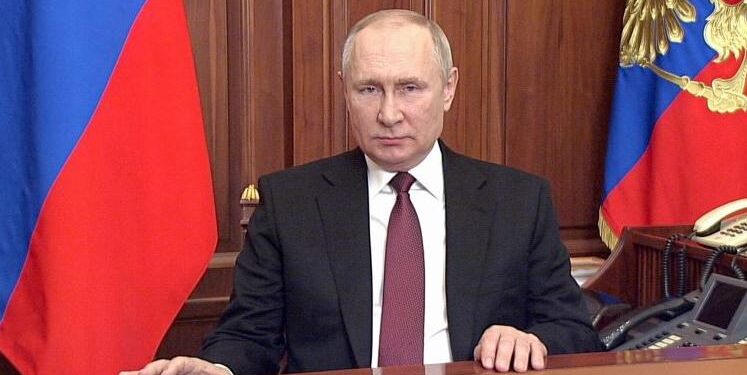The Russian-Ukrainian crisis is gaining momentum. The tension has mounted a notch after the Russian president announced the alert of the “deterrent” of his army.
This decision was made following the recent declarations of NATO and the “illegitimate” economic sanctions decided against Russia for its invasion of Ukraine, explains Vladimir Putin.
“I order the Minister of Defense and the Chief of Staff to put the Russian army deterrent for a special combat alert regime,” he said in an interview with his military leaders broadcast on television.
International reactions
On the side of Washington, the spokesperson for the White House, Jen Psaki said that Putin “makes threats that do not exist in order to justify the pursuit of an assault”.
The American ambassador to the UN, Linda Thomas-Greenfield said that the Russian president “continues climbing in this war, in a completely unacceptable way”.
For his part, the secretary general of NATO Jens Stoltenberg spoke on the case on the CNN channel, calling it “irresponsible driving”.
As for Ukraine, its Minister of Foreign Affairs, Dmitro Kuleba castigated Putin’s decision who, according to him, seeks to put pressure on kyiv to accept talks with Moscow.
“Ukraine will not give in to Putin’s ‘nuclear’ pressure,” he said this Sunday.
What is “deterrent force”?
Russian deterrents are a set of units, including a nuclear component, set up to “discourage any attack on Russia”.
They include missiles, strategic bombers, submarines and surface ships in addition to an anti-missile shield and space control systems, anti-aircraft and anti-cell defense.








